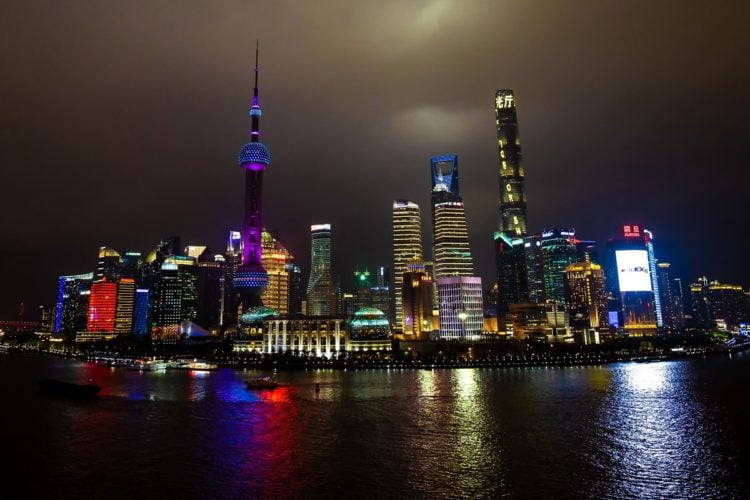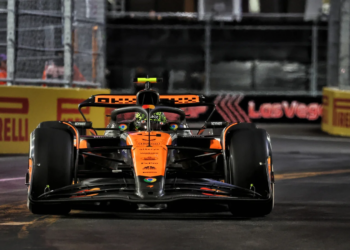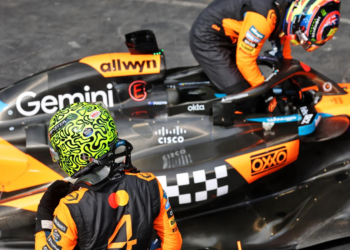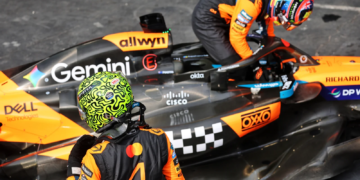The Chinese Grand Prix has been postponed indefinitely but Formula 1 will struggle to find a suitable date, as Motorsport Week explains.
As it stands the Chinese Grand Prix is not going ahead.
Currently it is indefinitely postponed but the ongoing nature of the Covid-19 outbreak means we cannot yet be sure when China will be back open for business, so to speak.
Over 1,000 deaths have been attributed to Covid-19, there have been at least 44,000 reported cases, while there remains a multitude of unknowns and uncertainties, with several major cities effectively on lockdown.
Even if the green light is given for China to return to normal then it is a case of scheduling, and it is here where Formula 1’s ever-expanding and congested calendar causes problems.
We will have a four-week gap between the new event in Vietnam and the returning Dutch Grand Prix, meaning, at least, Formula 1 personnel will have an unexpected break, of sorts.
But thereafter the schedule incorporates 17 grands prix in a seven-month spell, which includes the mandatory two-week summer shutdown. China cannot be rescheduled for August.
The latter stages of the campaign include several back-to-back rounds and a fair amount of airmiles for everyone involved. The most logistically obvious spot is either before or after the Japanese Grand Prix, but this would mean four events in four weekends. That is not going to happen. Formula 1 ran a triple header in 2018 but there was widespread acceptance that it was one step too far.
Moving China to the end of the year – most likely to before Abu Dhabi due to the Emirati’s expensive deal as host of the finale – is also improbable, as Abu Dhabi would need shifting. This is unlikely.
Existing grands prix have plans in place – so dates cannot be changed – while unanimity among teams is required for an event to be re-scheduled. And teams cannot even agree on what day of the week it is.
When Bahrain’s season-opening round in 2011 was postponed due to civil unrest in the country attempts were made to reschedule it for October, moving India to December, before a re-arranged schedule suggested it would become the finale, also in the final month of the year.
Both options fell by the wayside.
It seems improbable that this year’s Chinese Grand Prix will actually happen.
Formula 1 has at least been responsible in opting to postpone the race.
Barrelling into China, with thousands of people – and potentially a hundred thousand spectators – convening on the circuit, not to mention the equipment involved, would not have been a good image for Formula 1. It would have been tactless at best, irresponsible at worst.
Aside from the primary impact of the virus Formula 1 faced secondary effects.
Airlines have cancelled flights to and from China, travel insurance risked being invalidated due to governmental advice, while other nations begun to deny entry to those who have been in the country.
It is not ideal for Formula 1 to miss the Chinese market, given the country’s importance to the motorsport industry. Indeed, Formula 1’s Commercial Rights Holder Liberty Media has already explored – and continues to investigate – the feasibility of holding a second grand prix in China.
Let’s hope Formula 1 can make a successful – and sustained – return to China in 2021.










Discussion about this post